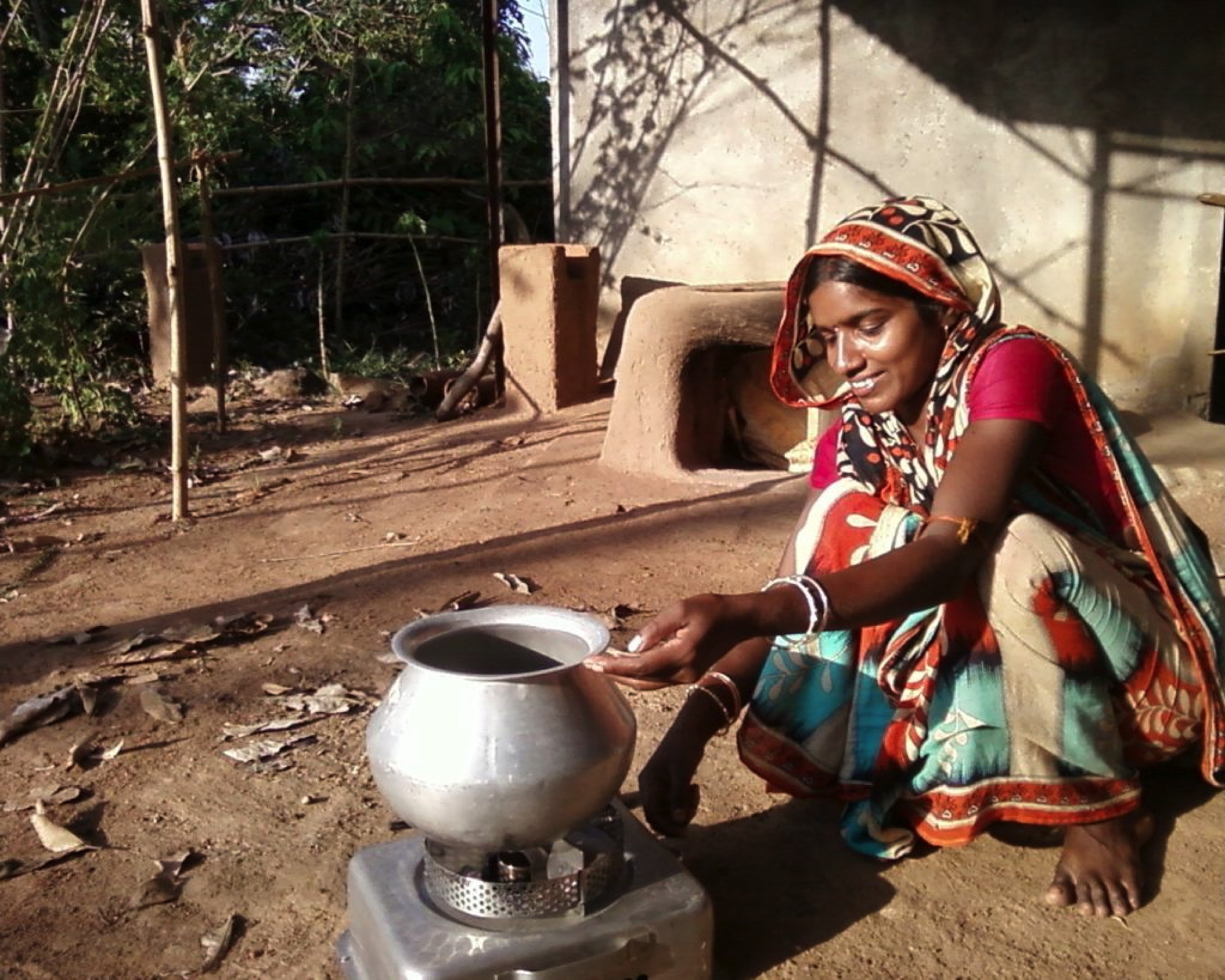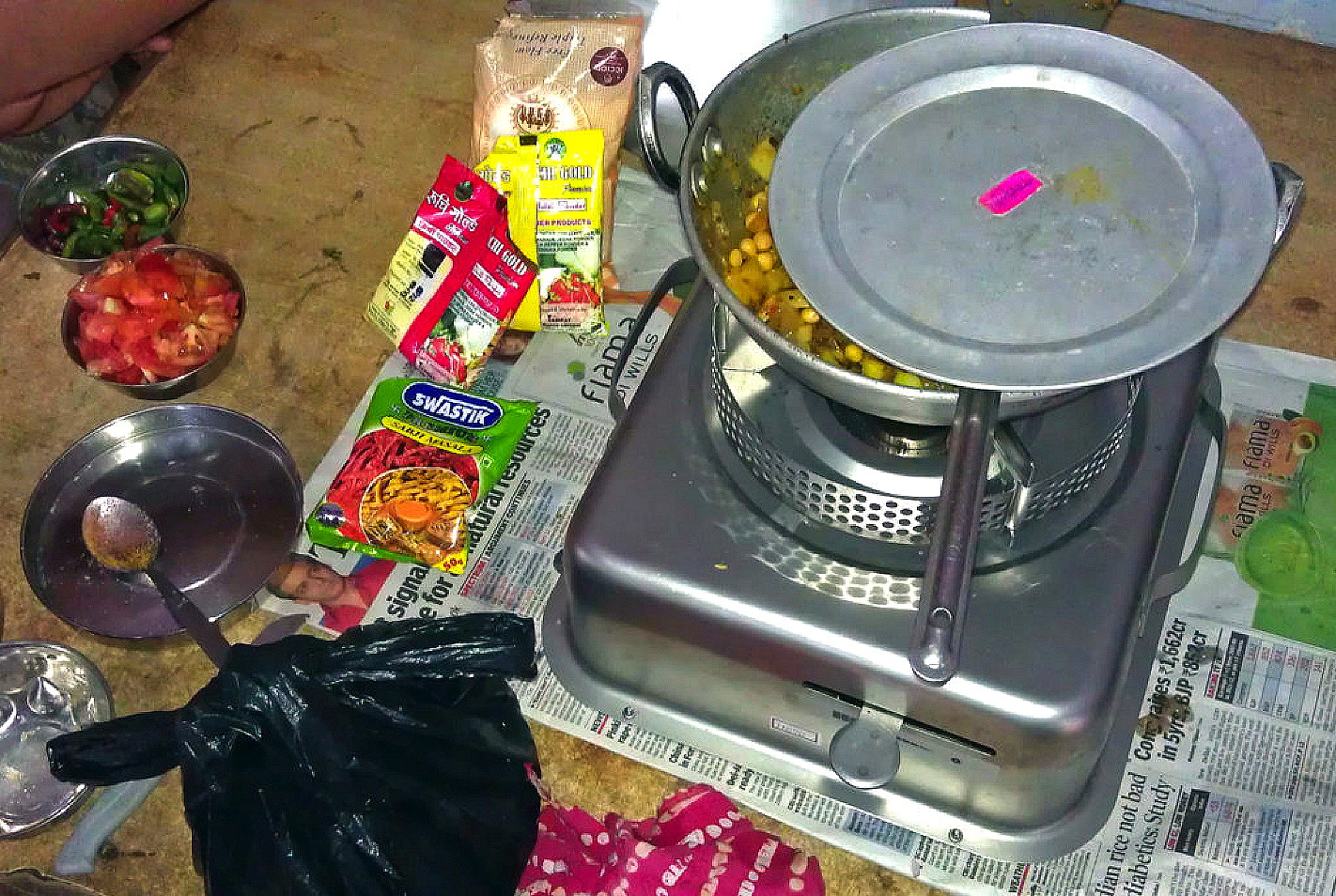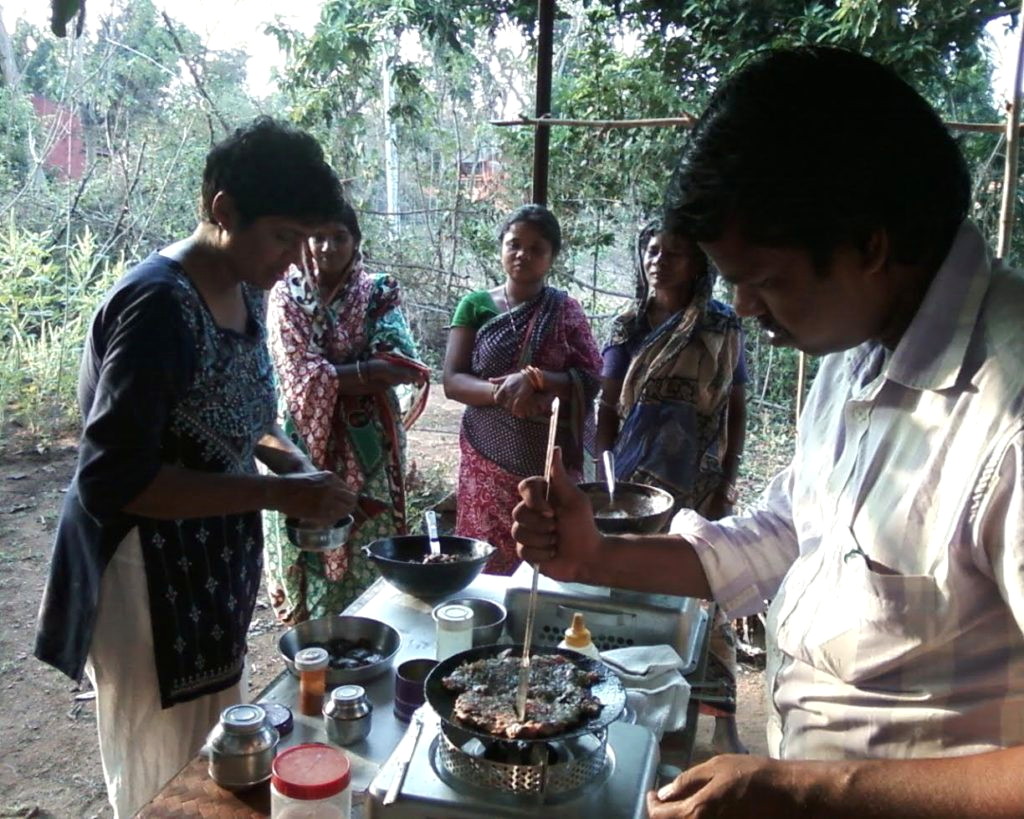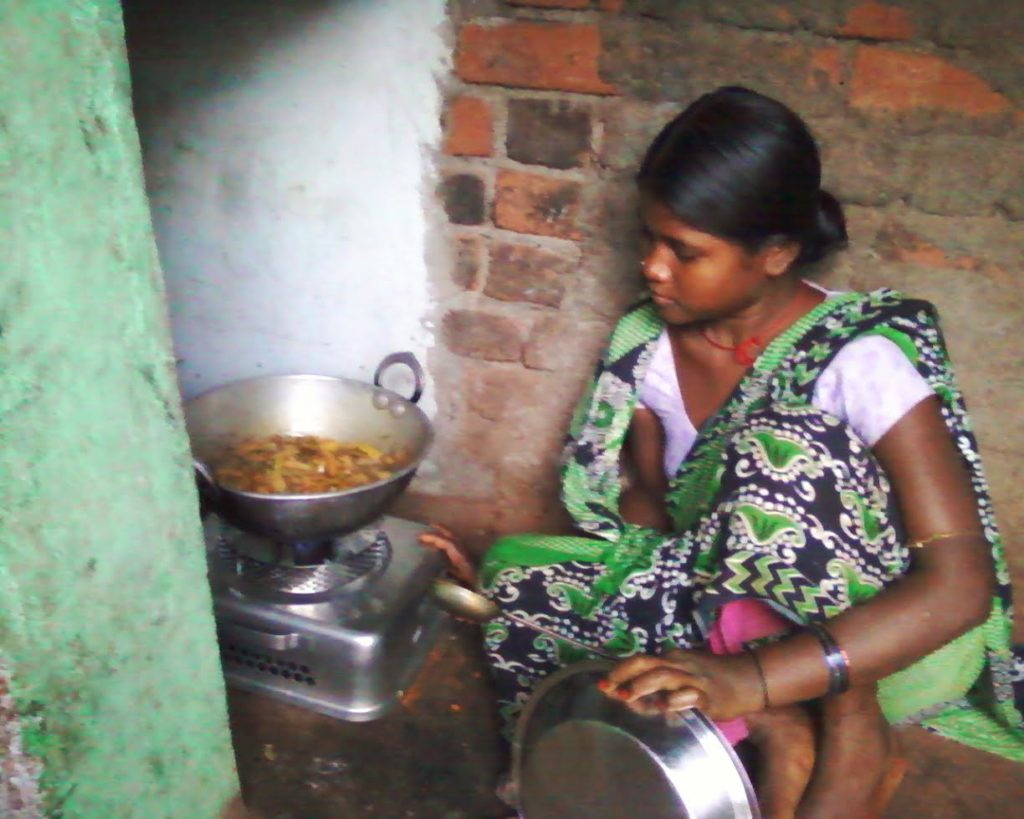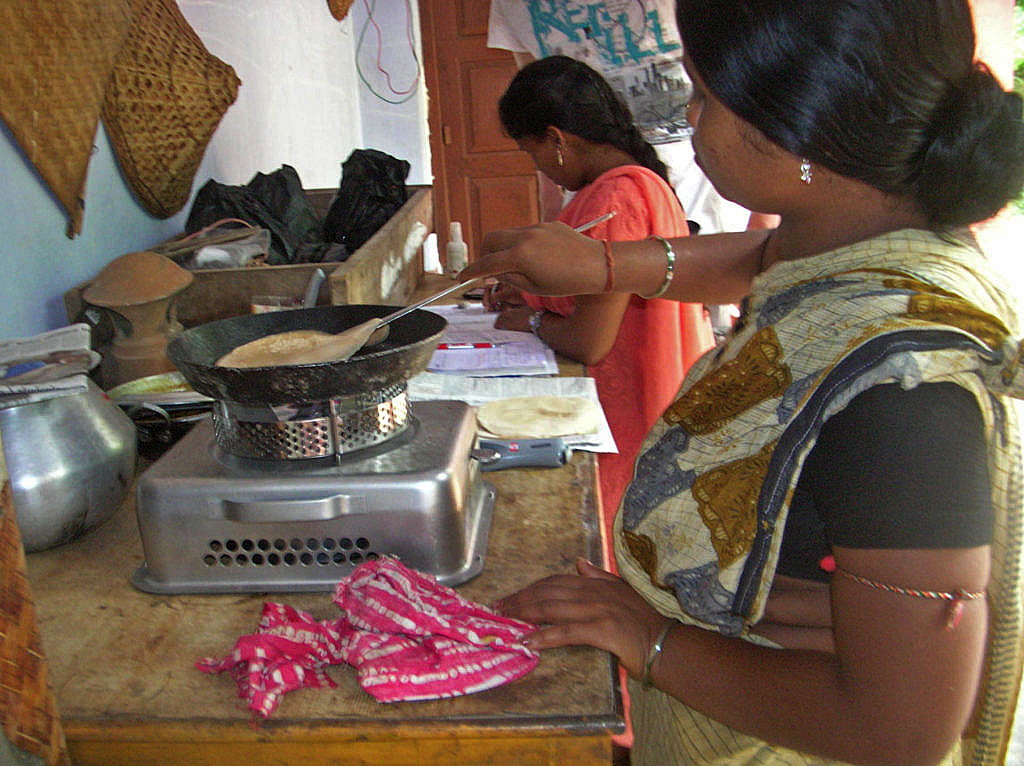Upcoming Event: Government of Assam Clean and Green Methanol Cookstove Inaugural Event.
Dependency on Solid Fuels
Over two-thirds of all Indian households still rely on traditional solid fuels such as wood, agricultural residues, and cow dung for cooking. Given India’s very large population, this means about 166 million households across the country are burning dirty and harmful fuels for each of their daily meals. While urban households are making some progress in converting to cleaner-burning fuels, rural households, which still make up the majority of the Indian population, have been slow to do so. 85% of rural households are reliant on traditional solid fuels.
A Gendered Problem
Approximately 400 million people in India are exposed to indoor air pollution from cooking fires and subsequently suffer from a number of directly-related ailments, including respiratory and pulmonary disease, cataracts, and premature death. As is the case around the world, women are disproportionately affected. Being the primary preparers of food, women comprise nearly 90% of those most extensively exposed in India. Beyond exposure to indoor air pollution, Indian women must spend five to eight hours each day on cooking-related activities when using traditional solid fuels, with 20% of that time spent on fuel collection.
Beyond the Household Level: Effect of Cookstove Smoke on the Himalayas
The negative effects of solid fuel use are not confined to the household level; indeed, they have a much larger impact. The incomplete combustion of biomass produces black carbon, the second most heat-trapping pollutant in our atmosphere after CO2. This black carbon settles on Himalayan glaciers, accelerating the melting process and consequently threatening India’s water supply.
India is the third largest emitter of black carbon in the world. Solid cooking fuels contribute to about 40% of its emissions.
Project Gaia’s Strategy: Methanol and Ethanol
Project Gaia believes that both methanol and ethanol are appropriate cooking fuel solutions for India. Methanol can be produced from biomass waste and municipal solid waste, as well as natural gas and the country’s vast reserves of brown coal. It can be produced in enormous quantities and sold at very affordable prices. Harnessing methanol on a large scale will set India on the road to achieving energy independence. The Indian government has therefore begun to demonstrate significant interest in methanol and is supportive of clean energy initiatives, thus creating a favorable policy environment for clean cooking fuels.
In addition to the new “methanol economy” envisaged, Project Gaia believes that small-scale, farm- and village-based ethanol production could be the answer for providing clean liquid fuels to rural communities. Ethanol microdistilleries (EMDs) can be owned and operated by and within communities, providing them not only with clean cooking energy, but economic opportunities as well. These EMDs can use otherwise wasted feedstocks like the cashew apple and other tree fruits such as guava, mango, and jackfruit to produce clean cooking fuel. (These tree-fruit crops are more climate-resilient than field crops.) Our partner CTxGREEN has already had success with its “village level biofuel” production model in the state of Odisha, as well as with the use of the CleanCook stove.
Ethanol and methanol are not mutually exclusive in their use. In fact, these alcohols can complement one another. The combustion efficiency of ethanol is actually improved and methanol is given more energy content when the two are mixed together. From a fiscal and practical perspective, a methanol fuel economy would make small-scale ethanol production for cooking more feasible because it would provide a fuel infrastructure into which to fit.
Moving Beyond Improved Combustion Stoves
We believe the time has come to focus more on clean fuels and less on improved combustion stoves (ICS). Studies are showing that ICS do not achieve the practical gains in the field that are measured in the laboratory — whether in terms of a meaningful reduction in emissions, reduction in fuel use, or an improvement in health outcomes. User acceptance of the ICS is problematic as well. India, with its tremendous capacity to manufacture its own alcohol fuels, is an ideal market in which to take Project Gaia’s clean fuel “energy revolution” to scale.
Fact: Project Gaia's alcohol-fueled stoves are now less than half the cost of improved combustion stoves, at price points as low as US $25.
About India
Population | 1.2 billion
Rural Population | 67%
Income | $9.52 per day
Rural income | $2.40 per day
67% burn solid fuels
Our Work
Ethanol Stove Study
Market Assessment
Global Alliance for Clean Cookstoves: India Cookstove and Fuels Market Assessment

